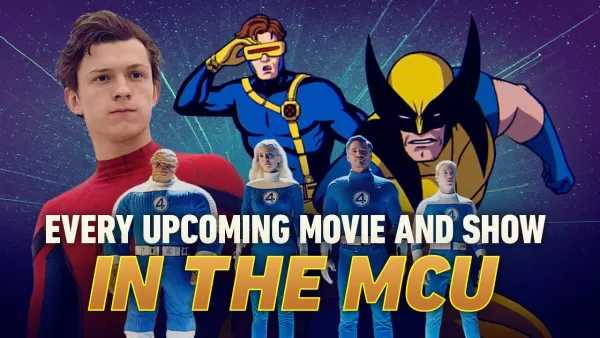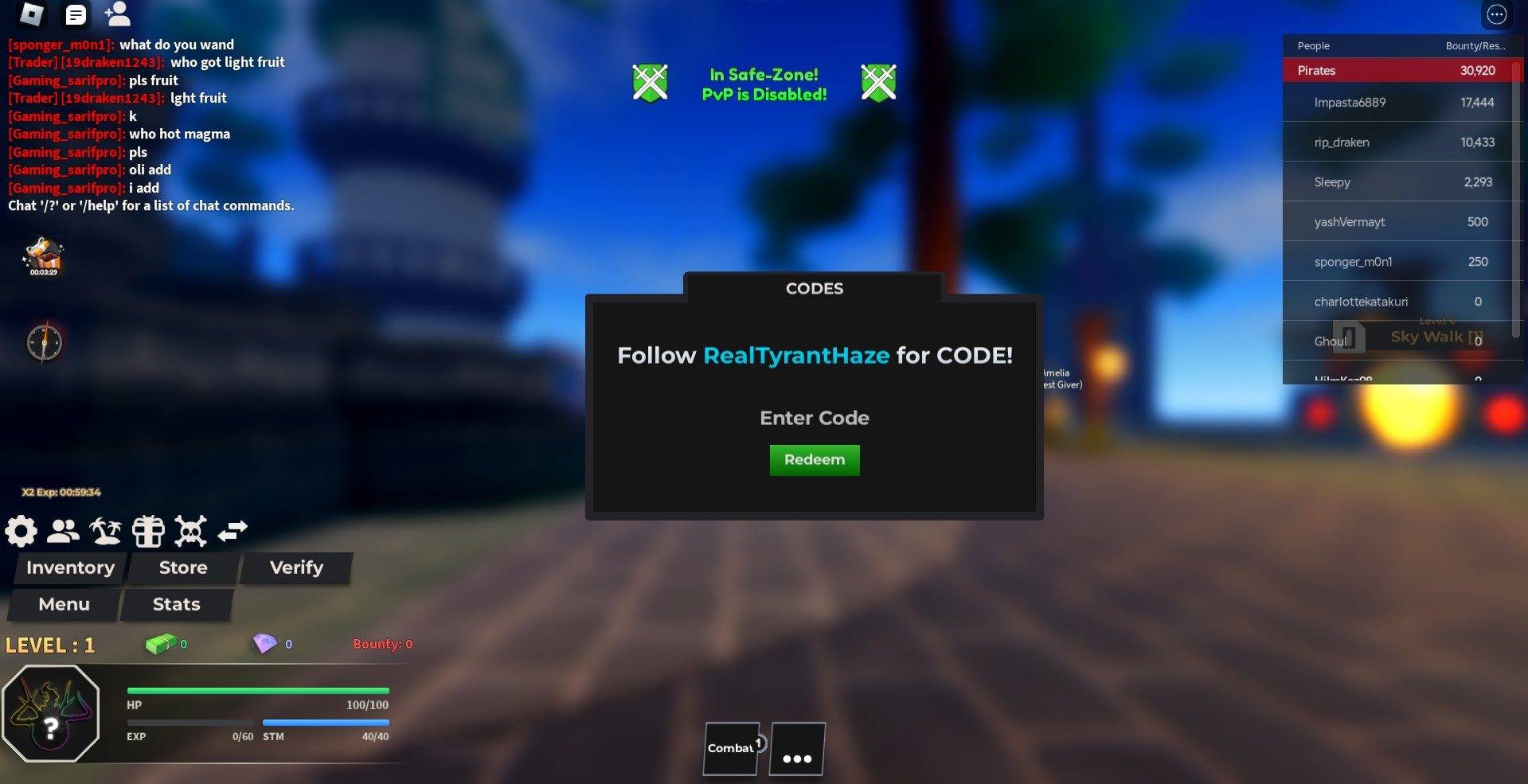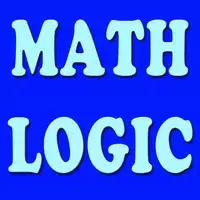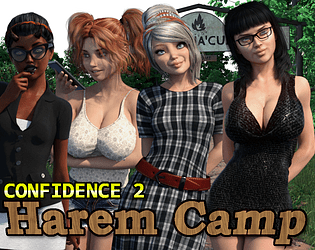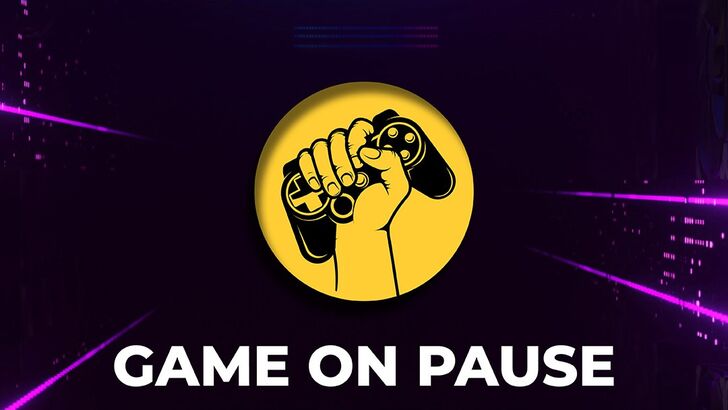
SAG-AFTRA's Potential Strike Against Video Game Companies: A Fight for AI Rights and Fair Labor Practices
The video game industry faces potential upheaval as SAG-AFTRA, the union representing voice actors and performance artists, has authorized a strike against major gaming companies. This action stems from a dispute over fair labor practices and the ethical implications of artificial intelligence (AI) in performance capture.
The Union's Stance:
On July 20th, SAG-AFTRA's National Board unanimously empowered its National Executive Director to call a strike if necessary. This strike would encompass all services under the Interactive Media Agreement (IMA), halting work on projects covered by this contract. The central issue is securing robust AI protections for video game performers, preventing the unauthorized use of their likenesses and voices through AI replication. National Executive Director Duncan Crabtree-Ireland underscored the union's unwavering resolve, highlighting the overwhelming member support (over 98%) for strike authorization if a satisfactory agreement, particularly regarding AI usage, isn't reached.
Key Issues and Industry Impact:
The dispute centers on the unregulated use of AI in voice acting and performance capture. Currently, no safeguards protect actors from AI replication. SAG-AFTRA members demand fair compensation for AI usage of their performances and clear guidelines on how their likenesses can be utilized. Beyond AI concerns, the union is also seeking wage increases to match inflation (11% retroactively and 4% increases in subsequent years), improved on-set safety measures (including mandated rest periods and medic presence), and vocal stress protections.
A strike could significantly impact video game production, although the full extent is uncertain. Unlike film and television, video game development unfolds over longer periods. While a strike might slow development phases, the effect on release dates remains unclear.
Companies Involved and Their Responses:
Ten major companies are targeted, including Activision, Blindlight, Disney Character Voices, Electronic Arts, Epic Games, Formosa Interactive, Insomniac Games, Take-2 Productions, VoiceWorks Productions, and WB Games. While Epic Games CEO Tim Sweeney publicly supported SAG-AFTRA's position regarding AI training rights, other companies haven't yet issued statements.
Negotiation History and Background:
This conflict's roots lie in September 2023, when SAG-AFTRA members overwhelmingly authorized a strike before contract negotiations. Negotiations have stalled, despite an extension of the previous contract (expired November 2022). A previous strike in 2016, lasting 340 days, ended with a compromise, but left many members unsatisfied. A 2024 deal with Replica Studios, allowing voice licensing to AI, further fueled tensions within the union.
Conclusion:
The authorized strike represents a critical juncture in the fight for fair labor practices in the gaming industry. The outcome will significantly impact AI's role in performance capture and the treatment of video game performers. The need for a resolution protecting human creativity and ensuring AI serves as a tool, not a replacement, is paramount.

